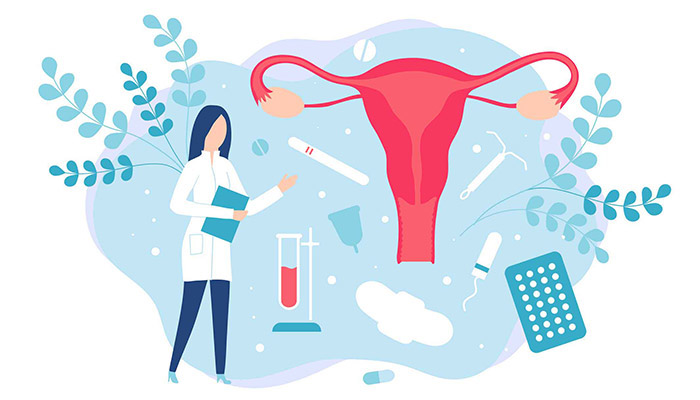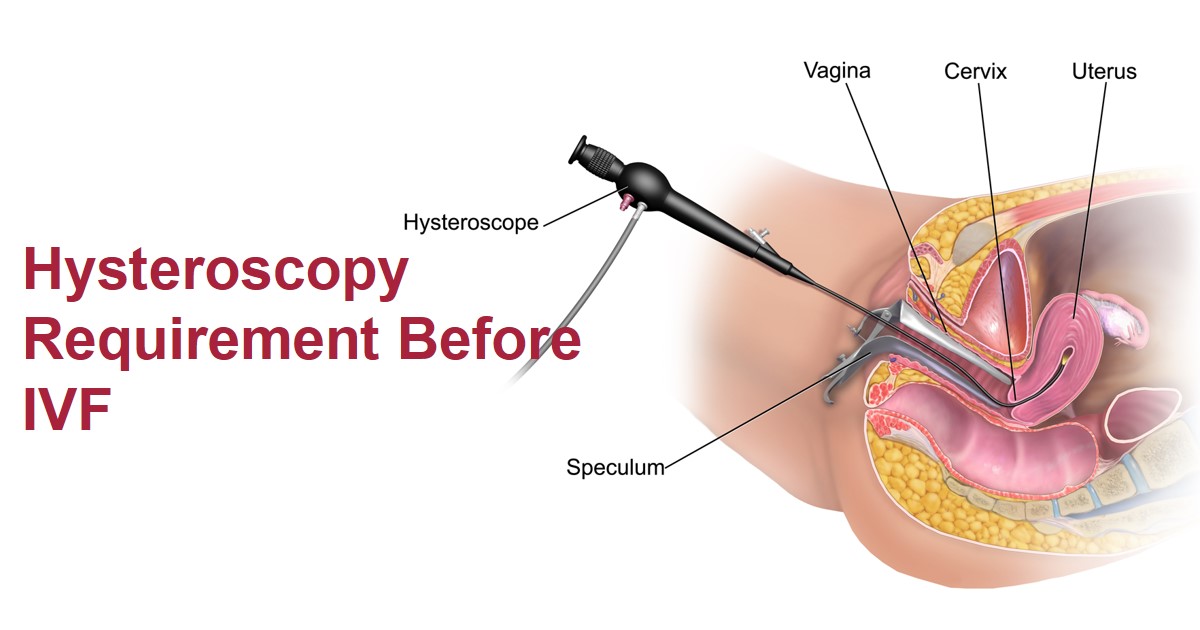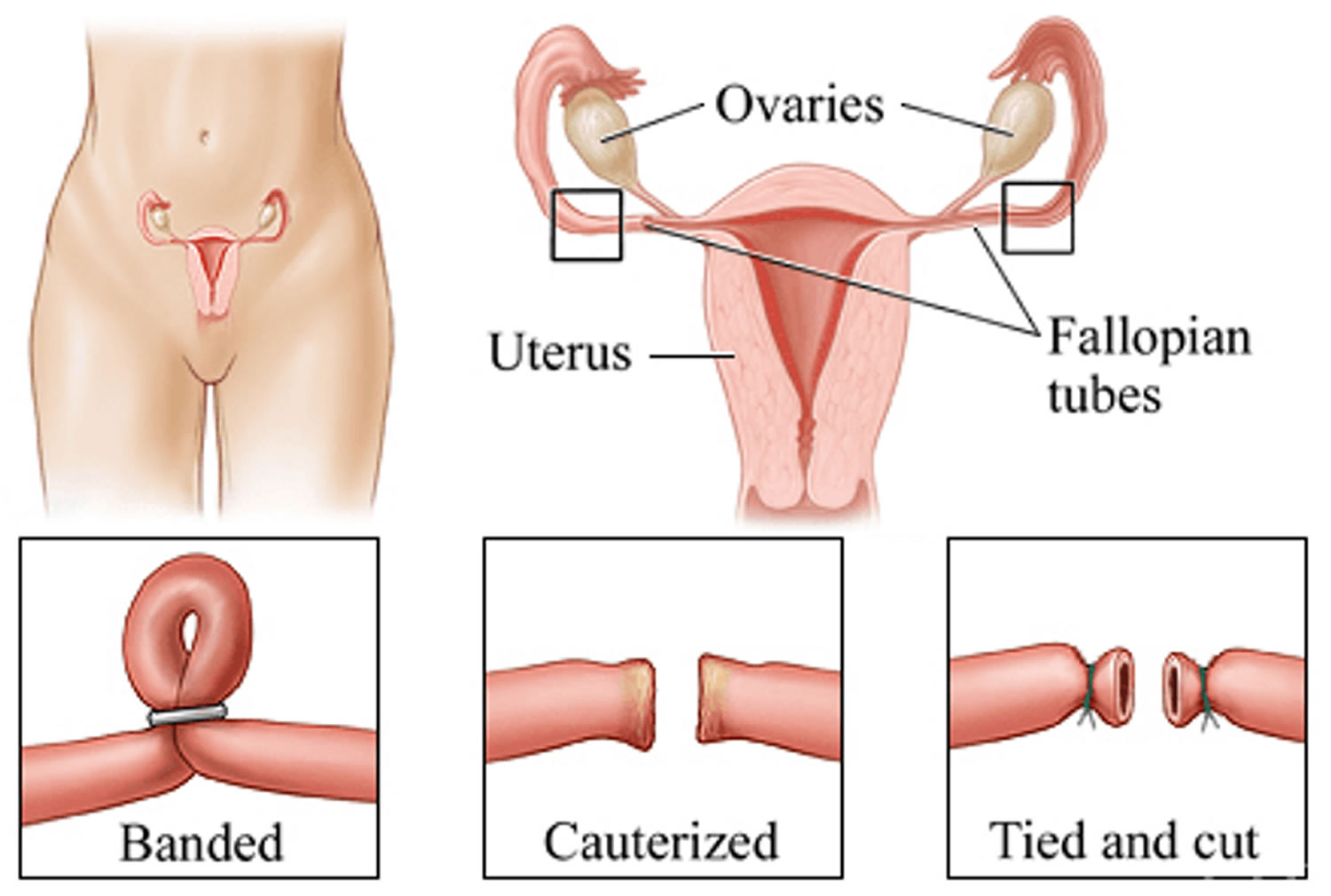Yes, lifestyle choices can significantly influence the risk of a high-risk pregnancy. Adopting a healthy lifestyle before and during pregnancy is crucial for the well-being of both the mother and the baby. Here are some lifestyle factors that can impact the risk of a high-risk pregnancy:
- Nutrition: Proper nutrition is essential for a healthy pregnancy. A well-balanced diet that includes a variety of nutrients, vitamins, and minerals is important. Folic acid, in particular, is crucial in the early stages of pregnancy to prevent neural tube defects.
- Weight Management: Both obesity and being underweight can contribute to pregnancy complications. Women who are overweight may be at a higher risk for gestational diabetes and hypertension, while underweight women may face challenges related to inadequate fetal growth.
- Exercise: Regular, moderate exercise is generally recommended during pregnancy. It can help manage weight, reduce the risk of gestational diabetes, and improve overall well-being. However, it’s important to consult with a healthcare provider to determine the appropriate level of exercise based on individual health and circumstances.
- Avoiding Harmful Substances: Smoking, alcohol, and illicit drugs can have detrimental effects on pregnancy. They are associated with an increased risk of preterm birth, low birth weight, birth defects, and developmental issues. It’s crucial to quit these substances before conception and throughout pregnancy.
- Managing Stress: High levels of stress can negatively impact pregnancy outcomes. Chronic stress may contribute to complications such as preterm birth and low birth weight. Implementing stress-reduction techniques, such as relaxation exercises or counseling, can be beneficial.
- Regular Prenatal Care: Timely and regular prenatal care is essential for monitoring the health of both the mother and the baby. This includes attending scheduled check-ups, undergoing recommended tests, and following healthcare provider advice.
- Managing Chronic Conditions: If a woman has pre-existing health conditions such as diabetes, hypertension, or autoimmune disorders, managing these conditions effectively before and during pregnancy is critical. Close monitoring and coordination with healthcare providers are essential.
- Avoiding Environmental Hazards: Exposure to certain environmental hazards, such as certain chemicals, toxins, and radiation, can pose risks to a developing fetus. It’s important to be aware of potential workplace hazards and take necessary precautions.
Overall, a healthy lifestyle that includes proper nutrition, regular exercise, avoidance of harmful substances, and proactive management of pre-existing conditions can significantly reduce the risk of complications during pregnancy and contribute to a healthier outcome for both the mother and the baby. Always consult with healthcare providers for personalized advice based on individual health and circumstances.
Experience the pinnacle of women’s healthcare with Dr. Arohi, your trusted Gynaecologist in Hiranandani Estate, Thane. Book your appointment now for personalized, compassionate care designed to enhance your overall well-being.




